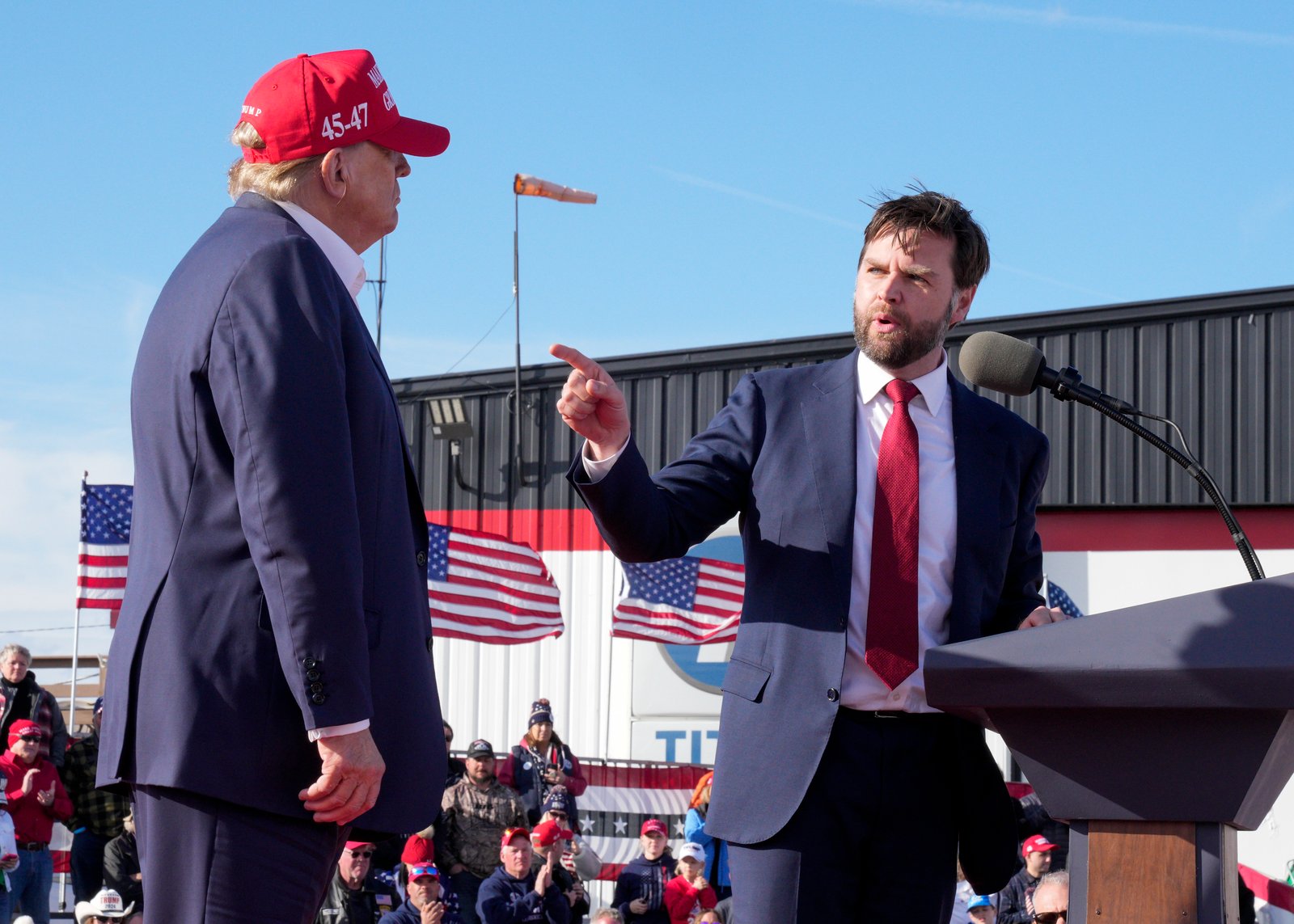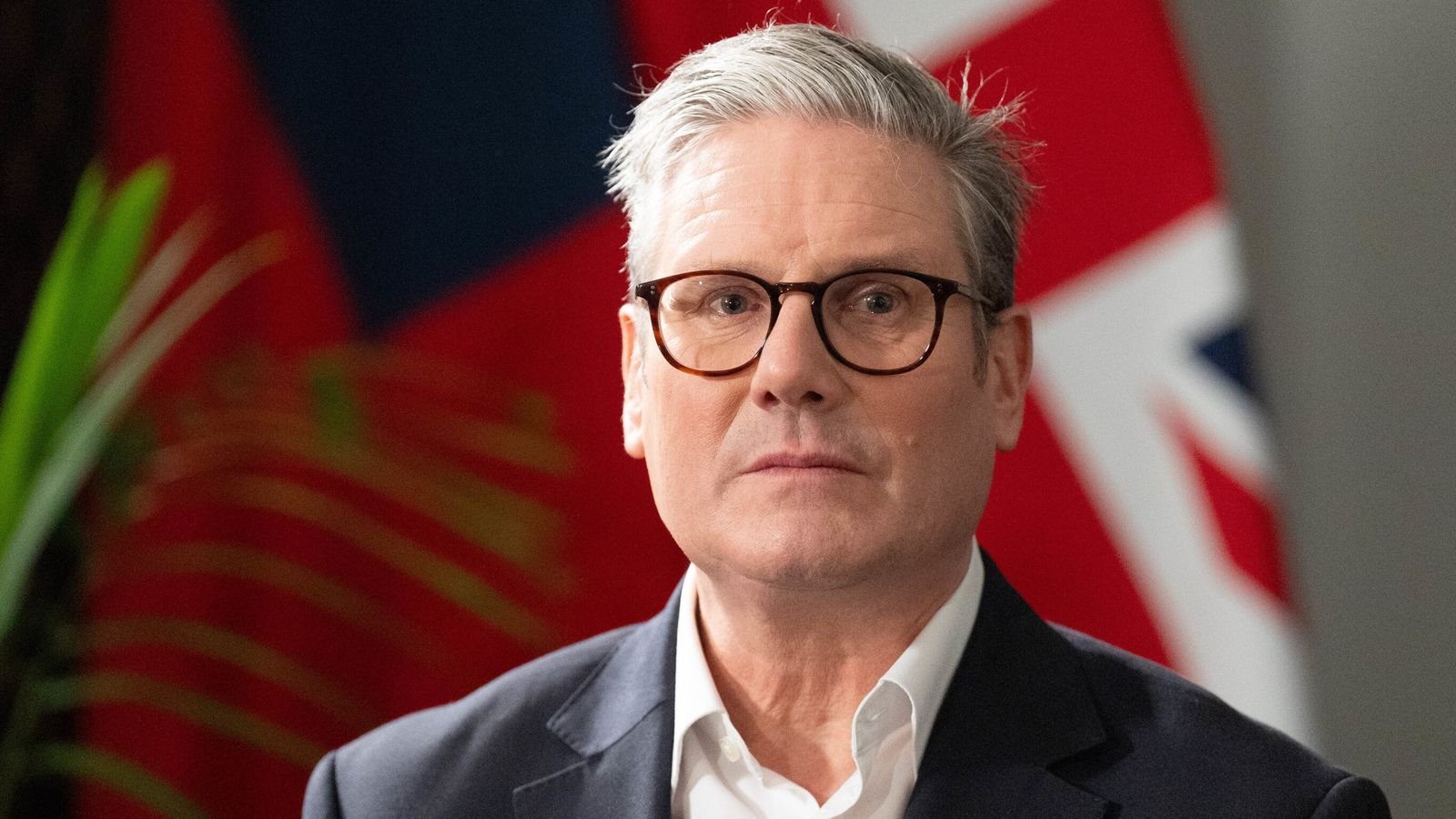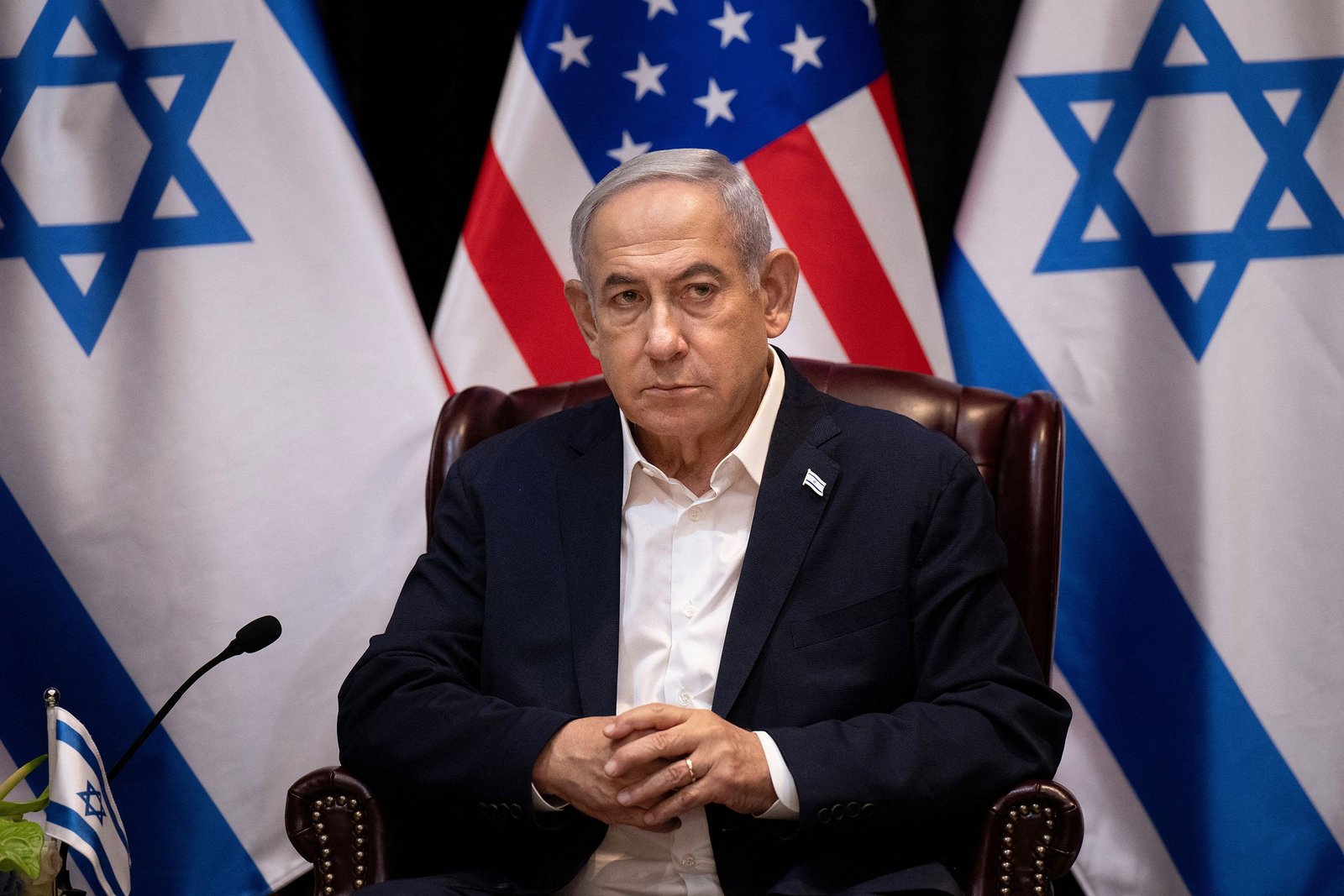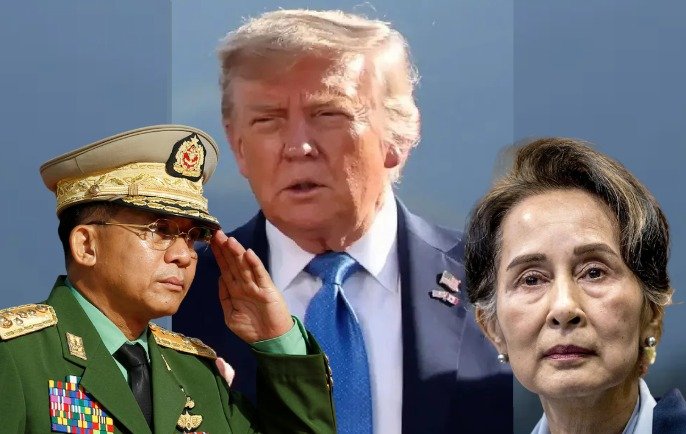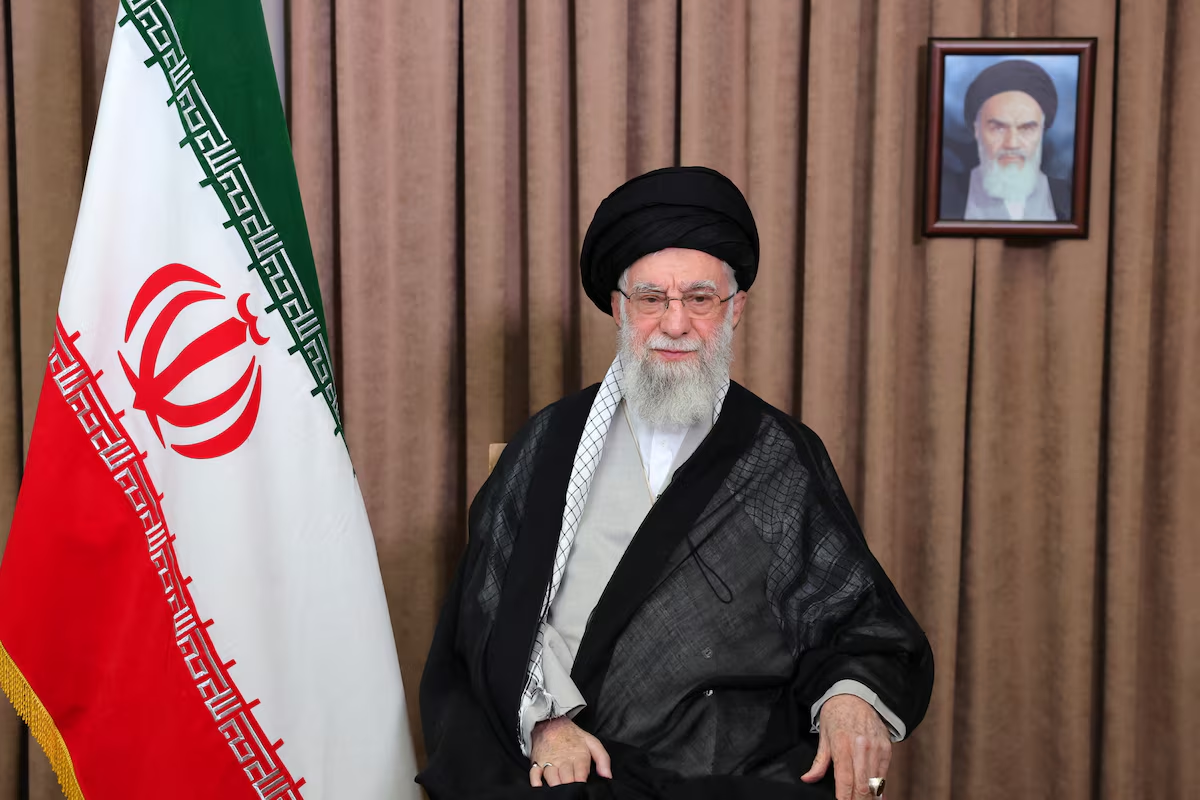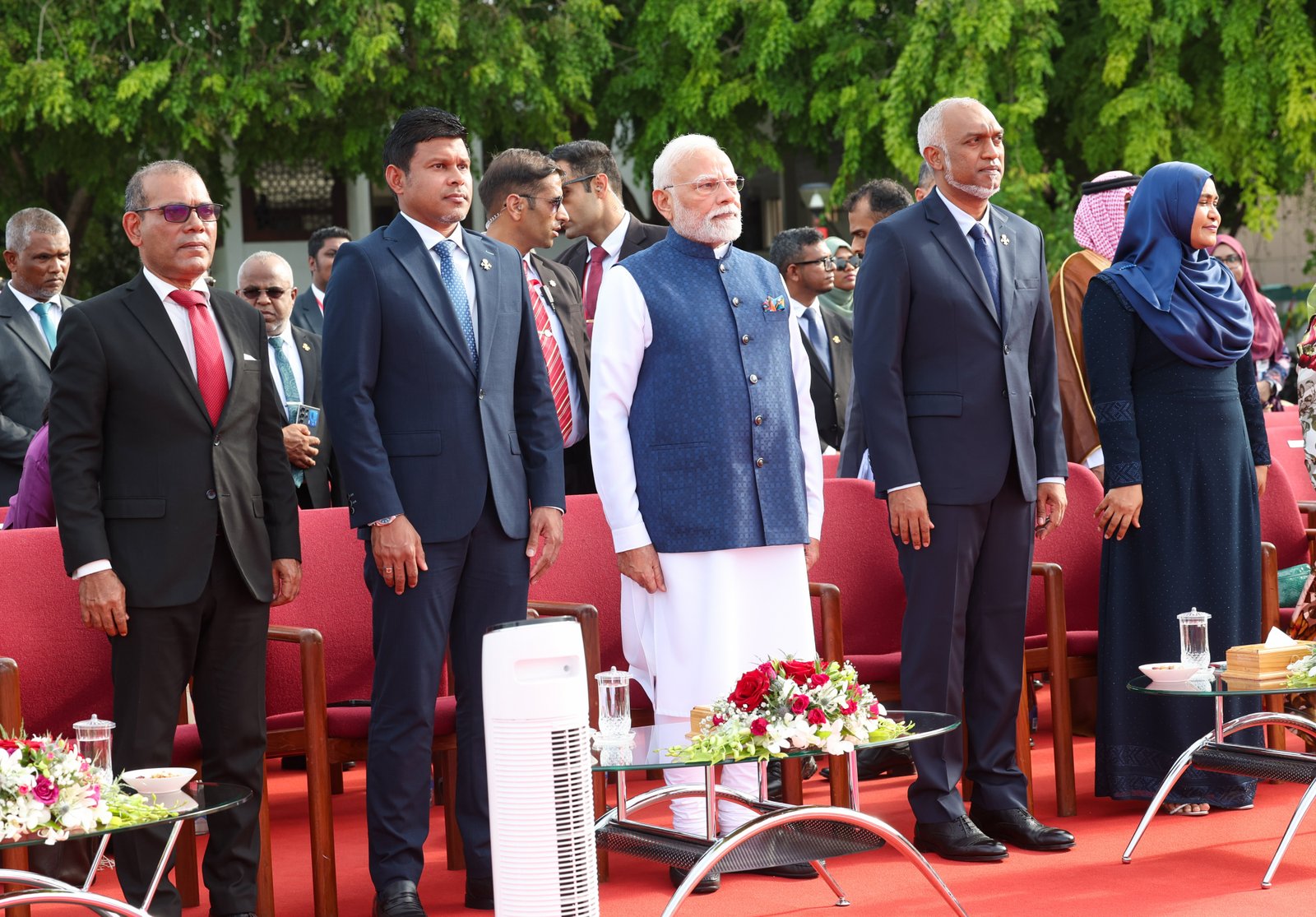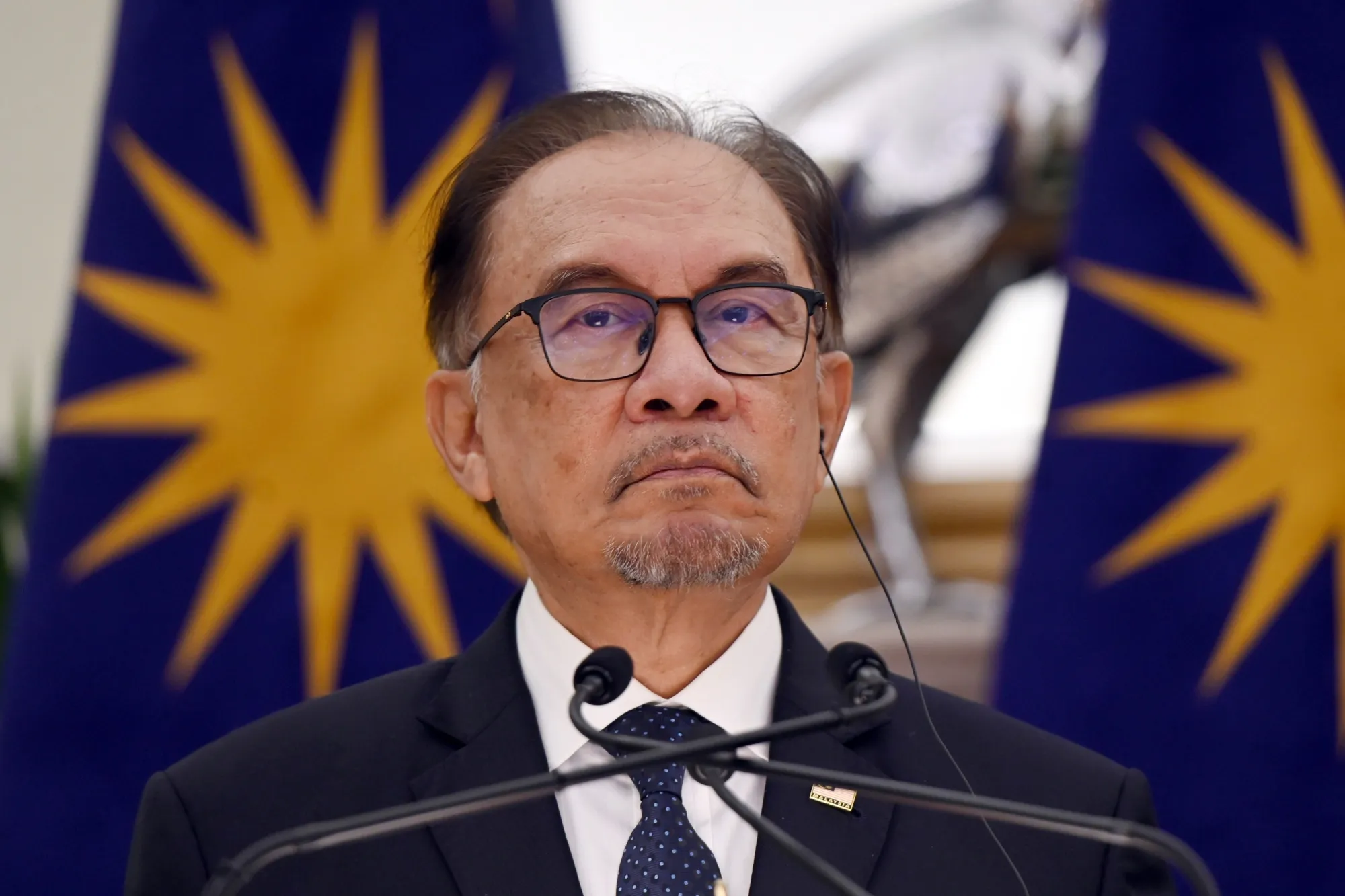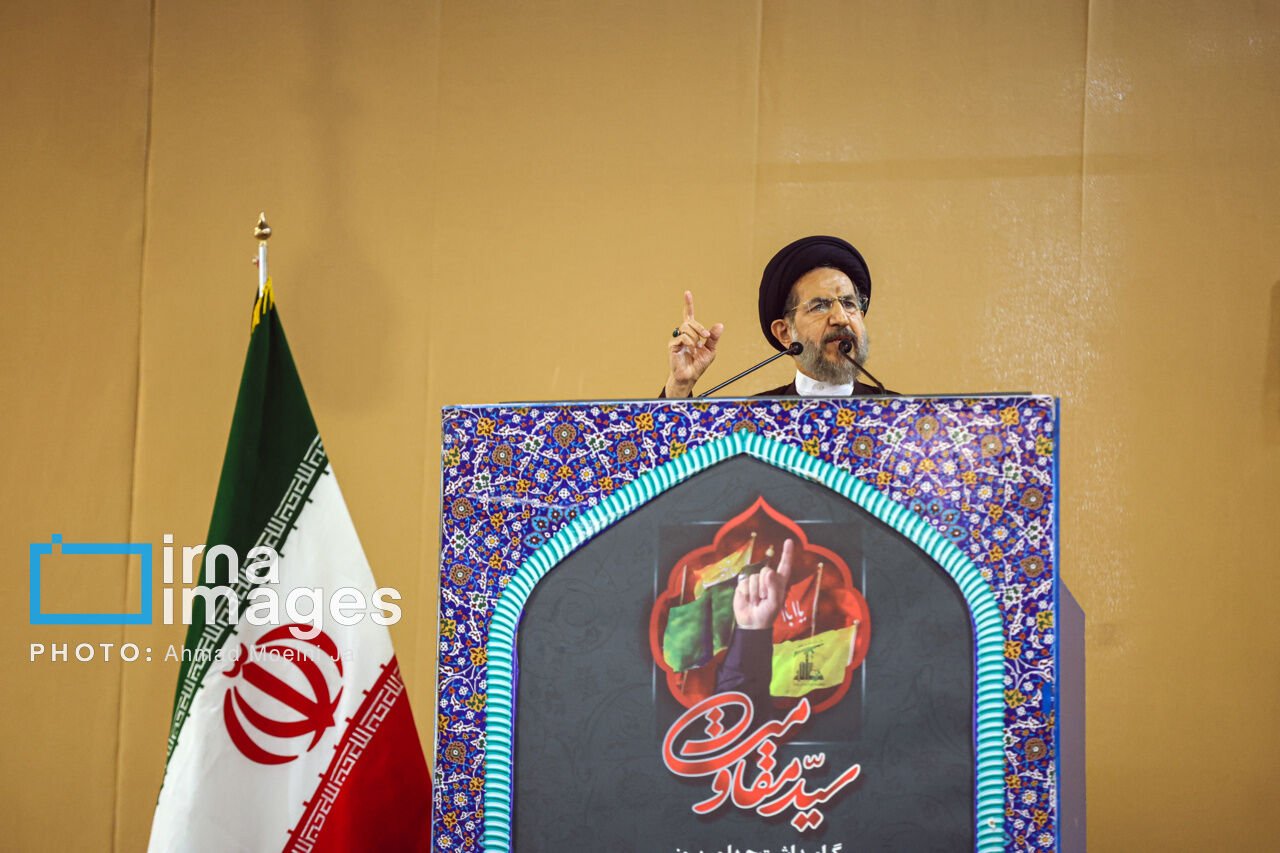“We want to end Iran’s nuclear program and discuss a long-term solution” – Vice President JD Vance
In an interview on Sunday, Vice President JD Vance stated that the United States has successfully pushed back Iran’s nuclear weapons program. However, Washington now seeks a diplomatic path to find a long-term solution.
“We want to end Iran’s nuclear program and discuss a long-term solution” – Vice President JD Vance
“We want to end Iran’s nuclear program and discuss a long-term solution” – Vice President JD Vance
[Washington, June 22, 2025]
In an interview on Sunday, Vice President JD Vance stated that the United States has successfully pushed back Iran’s nuclear weapons program. However, Washington now seeks a diplomatic path to find a long-term solution.
Speaking on NBC’s popular show Meet the Press, Vance said,
“We don’t want this conflict to drag on or escalate beyond what it already is. We want to put an end to Iran’s nuclear program.”
He added,
“We are interested in discussing a long-term solution with the Iranians.”
Vance’s comments come just one day after U.S. President Donald Trump ordered airstrikes on Iran’s nuclear facilities in Fordow, Natanz, and Isfahan. According to Washington, the attack has set back Iran’s uranium enrichment program by “many months.”
However, Tehran sent a different message.
Iranian Foreign Minister Abbas Araghchi responded,
“This U.S. attack has destroyed any possibility of diplomacy. There is no stage left for negotiations now.”
While Vance’s remarks suggest the White House is keeping the door open for diplomacy, Iran’s strong reaction makes it clear that the prospects for talks between the two countries are currently almost nonexistent.
The U.S. may be using this as strategic pressure, but Iran is likely to take a harder stance in response—especially if it gains support from allies like the Houthis and Hamas.
The international community is now watching the Trump administration’s “dual strategy” closely—military pressure on one hand, and calls for diplomacy on the other. This approach could increase tensions in the Middle East but might also spark some diplomatic efforts aimed at avoiding a larger-scale war.


